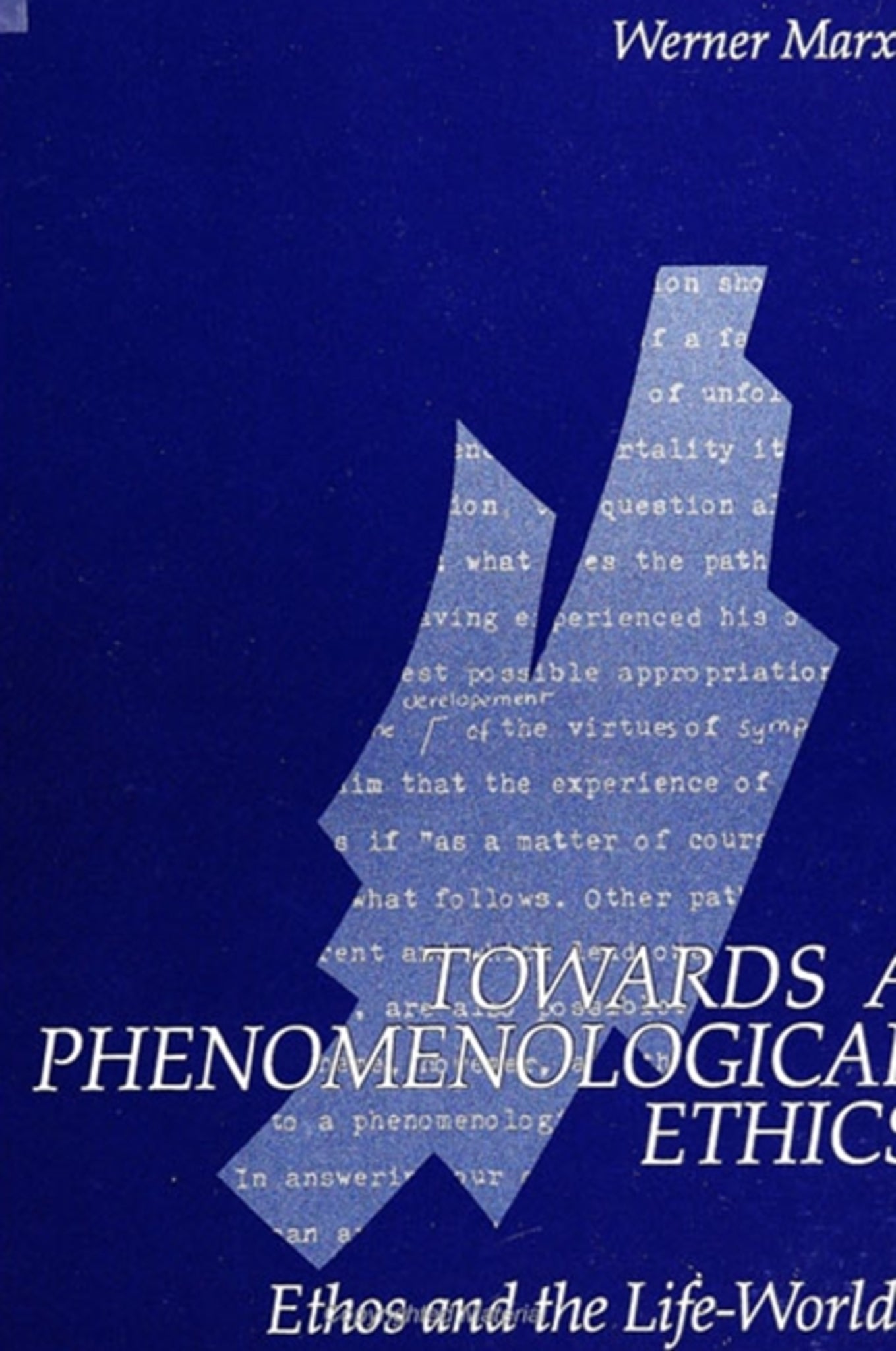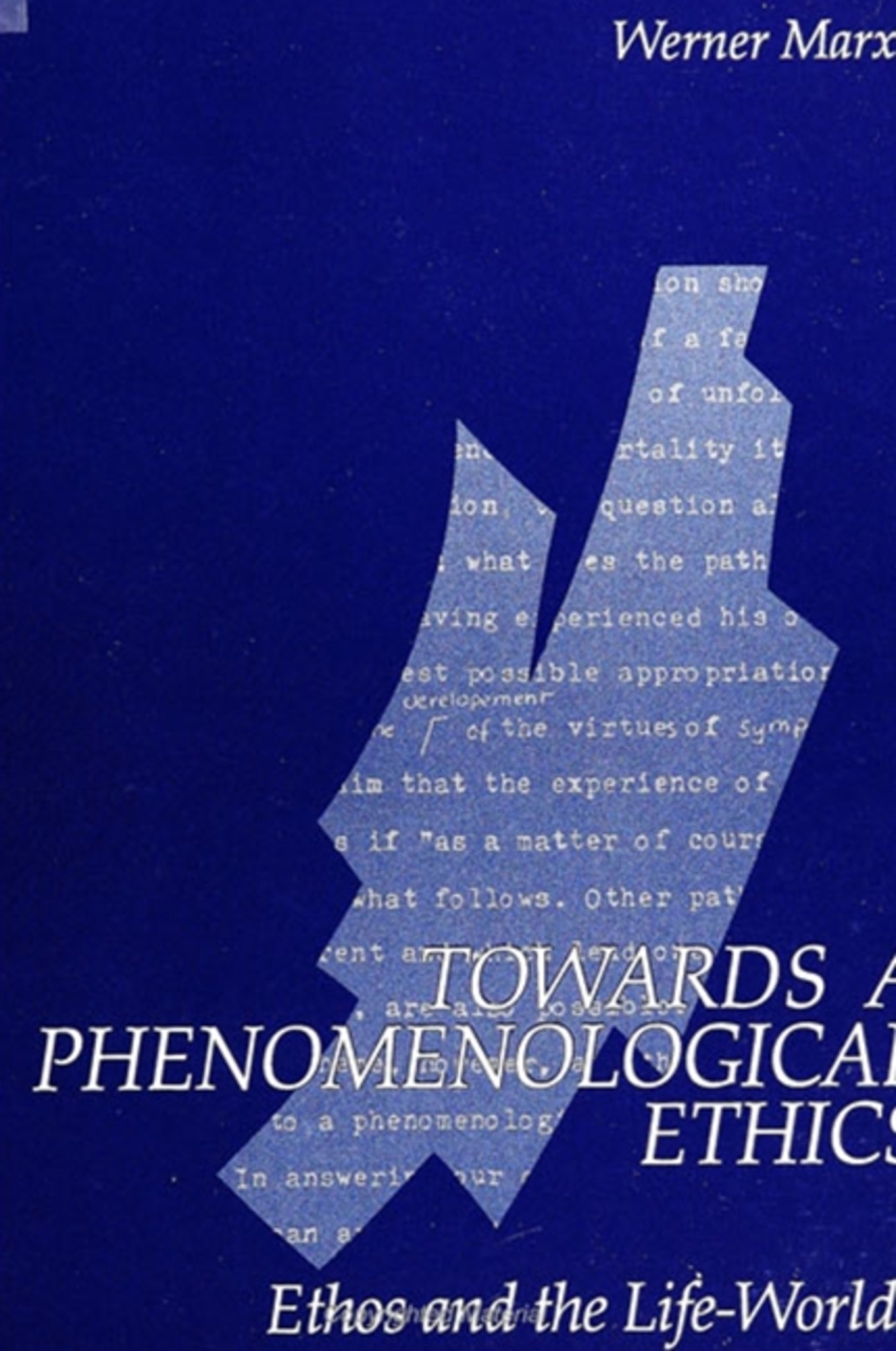We're sorry. An error has occurred
Please cancel or retry.
Toward a New Science of Educational Testing and Assessment

Some error occured while loading the Quick View. Please close the Quick View and try reloading the page.
Couldn't load pickup availability
- Format:
-
24 February 1992

The authors of this book question the assumptions of the psychometric paradigm that underlie virtually all criterion-referenced and standardized tests used in North American schools. They make a compelling case for a new science of educational testing and assessment, one that shifts decision making from central administration to individual schools and communities.
Harold Berlak argues that the concept of tests as scientific instruments validated by technical experts is anachronistic and self-contradictory. He makes a case for a contextual paradigm, an approach which assumes that consensus on educational goals and national testing programs is neither possible nor desireable. Assessment practices in a democratic society must acknowledge and affirm differences in values, beliefs, and material interests among individuals and groups over the purposes and practices of schooling.


"In education today, there are few topics that are more significant than assessment. With current restructuring efforts and the hue and cry for accountability, it is essential that educators and educational policymakers seriously consider the issues presented in this book.
"Four states—California, Connecticut, New York, and Vermont—are moving in the direction recommended in this book. The number of interested states is growing rapidly. Many of the early forays into alternative assessment strategies made by these states have been described here, attesting to how current the book is.
"As someone working in the area of alternative assessment, I receive many phone calls each week from people who are interested in knowing more about what we and others are doing. I would recommend that they read this book."
— Joan Boykoff Baron, Connecticut State Department of Education
Tables and Figures
1. The Need for a New Science of Assessment
Harold Berlak
2. Assessing Mathematics Competence and Achievement
Thomas A. Romberg
3. The Assessment of Discourse in Social Studies
Fred. M. Newmann
4. The Nature of Authentic Academic Achievement
Fred M. Newmann and Doug A. Archbald
5. A Model of Competence, Motivation, and Behavior, and a Paradigm for Assessment
John Raven
6. Recognizing Achievement
Elizabeth Adams and Tyrrell Burgess
7. Approaches to Assessing Academic Achievement
Doug A. Archibald and Fred M. Newmann
7. Toward the Development of a New Science of Educational Testing and Assessment
Harold Berlak
Notes and References



